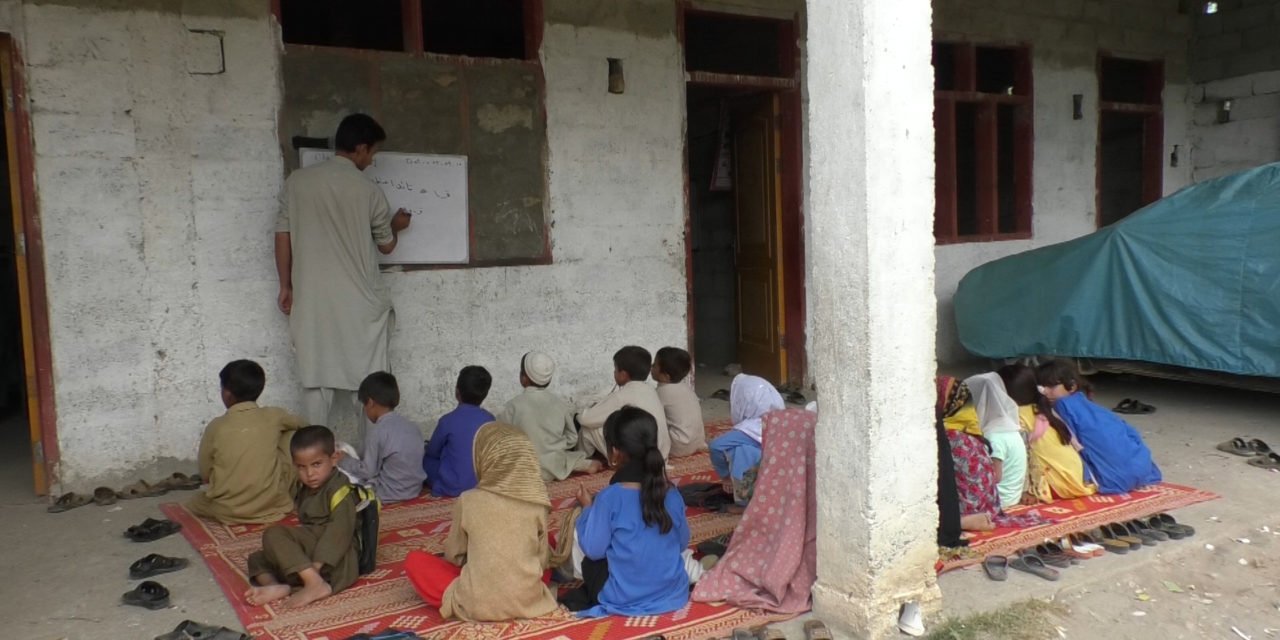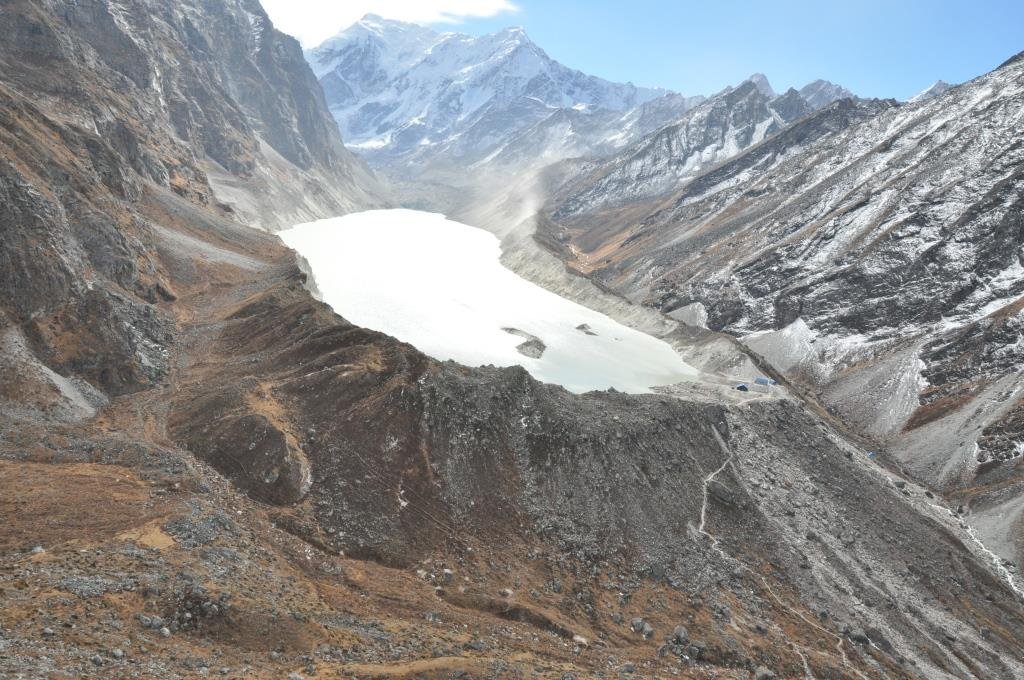By Fazal Khaliq
MINGORA: More than 300 schools lack basic facilities in Swat and social activists and educationists demanded that the government to immediately provide the required amenities so the schools can improve the quality of education.
They said the lack of basic facilities including drinking water supply, toilets, boundary walls, furniture contribute to the poor quality of education in Swat’s government schools.
The students do not have drinking water supply and go out of the school every time when they feel thirsty. “We don’t have drinking water supply in our school so we go to a nearby water spring when we are thirsty,” said Abdullah a student in Government Primary School Qacharpla, adding that the students also have no water to wash hands.
However, a teacher in the school said that the education department had approved a water pump in the school, work on which will soon start.
Similarly, students in GPS Mandoor in Matta tehsil do not have any drinking and go out either to their homes or to a nearby mosque to drink water.
According to a survey conducted by Sarhad Rural Support Organization (SRSP) in schools of district Swat, drinking water facility is unavailable in several girls and boys schools including GGPS Rangila, GGPS Shaldara, GGPS Chail Maira, GPS Soor Kamar, GPS Saida, GPS Roringor, GPS Balat, GPS Damana, GGPS Aligram, GGPS Bala Baidara, GGPS Donka, GPS Karakar, GGPS Maloch, GGPS Nasrat, GGPS Jawand, GGPS Malooka, GPS Ashar Banr, GPS Kasoona, GPS Chungai, GPS Roriya, GPS Makad, GGPS Asharay Malam Jabba, GGPS Shalpin, GGPS Lakhar, GGPS Ghar Shin and GGPS Paladram.

Government Girls Primary School Khal Karai, Swat
Bahadar Ali, a community development officer in a health hygiene project titled “Integrated Health System Strengthening & Services Delivery” said that provision of clean water in schools is one of the most important things because the unavailability of water in schools has various negative impacts on students. “When the students go out of school for drinking water it wastes much of their time which affects their studies. Unavailability of water also creates health and hygiene issue for students who cannot wash their hands after using toilets,” he told Dawn.
Minhas a health and hygiene officer in the same project said that there was lack of awareness in students and teachers regarding their personal hygiene so she delivered training session on health and hygiene to the primary school teachers in those areas focusing on the proper use of toilets, hand washing, personal hygiene and environment hygiene.
Parents of the children studying in schools without basic facilities said it was the responsibility of the government to provide every facility in schools. “Schools in cities are equipped with every facility but majority of schools in rural areas lack facilities. My two children have no chairs and desks in their school so they sit on ground. They come home to drink water which also wastes their time,” said Abdul Bari, a resident of Kandak Barikot.
Similarly, students of different schools also showed concern over non-availability of playgrounds in their schools and said that they wanted to play sports but had no facilities in their schools. “I have passion for cricket and want to play it with my friends but unfortunately we neither have a playground in our school nor in our village. The government must establish a playground for us so that we can play cricket there,” said Ahmad Ali, a grad five student in Government Primary School Fazal Banda in Biha union council.
The students of Government Girls Primary and Government Boys Primary Schools Kuza Asala in Kotania union council are also facing problem due to unavailability of playgrounds.
Educationist said that playgrounds were essential for children and youth as they were not only important for fun but also important for their good health and well-being.
“Apart from health issues, students develop obesity, anxiety, depression, problems of attention, concentration and self-control when they don’t have physical sports opportunities,” said Muhammad Arif, a physical training instructor in Swat.
Some of the schools lack students’ furniture and children sit on the ground instead of chairs and a majority of the primary schools lack classrooms. Majority of the primary schools in Swat have only two rooms for KG to grade five classes while teachers have no room in the schools.
However, the PTI lawmakers in Swat said that the PTI government changed the two-room primary school into seven rooms and new primary schools would be constructed with the new design approved by the government while additional rooms would be constructed in the existing primary schools.
“The government has approved the new design having seven to ten rooms in a primary school but still no new primary school has been constructed,” said Qari Muhammad Ali, a primary school teacher, adding that however, the government had allowed construction of additional rooms in the existing schools from the PTC funds after which some head teachers constructed rooms in their schools as in GPS Qambar one and GPS Jrando Dherai in Odigram.
He said that one of the big issues in the primary schools was lack of teachers. Most primary schools have only either one or two teachers. “We have still such primary schools which have one or two teachers. The government planned to increase teachers in the primary schools but still many schools have either one or two teachers,” he added.
Education experts said that primary schools were the basic nurseries of students’ development and the government must provide each and every facility. “Lack of any facility, whether it is lack of water, toilets, electricity, furniture or playground leads to multiple negative impacts including a weak standard of education,” said Dr Jawad Iqbal an education activist in Swat. That also has negative impacts on students’ healthy, learning, behaviour and growth in achievement, Dr. Iqbal said.
When asked for their comment, the ADO P&D section, Ayoub Khan, said that the education department sent its demand for conditional grant for different facilities lacking in 334 schools in Swat. “The demand for Rs319.5 million under conditional grant has been made to the higher authorities which would soon be approved,” he said. The list of what is missing in the 334 schools includes additional rooms, toilets, boundary walls, drinking water supply, electrification, solar panels and repair,s which would be provided once the grant was approved.





